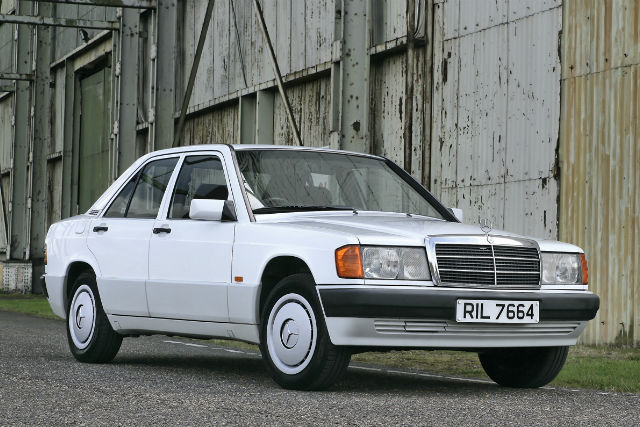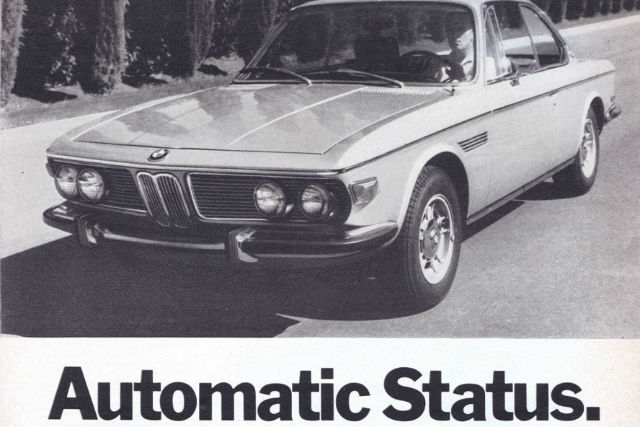Stereotypes are rife in the car world: Prius drivers are all self-righteous, the MX-5 is for hairdressers, if you own a Mustang you’re a burnout-loving hooligan, etc, etc, ad nauseum.
While some of these stereotypes are little more than a bit of harmless fun, others can be potentially misleading. No doubt you’ve at some stage heard the phrase “German engineering”, in reference to everything from watches to shampoos, but particularly cars.
German cars, popular consensus seems to state, are well-engineered performance machines full of cutting edge technology that will last for a million miles or more, trouble free. But are German cars really reliable, or is it the greatest myth ever sold to car buyers?
All stereotypes have a basis in truth, so they say, and it’s true that part of the reason for the misconception about German reliability is that there was a time when German cars were significantly more reliable than others on the market.

Back in the 1970s, German brands like Volkswagen, BMW and Mercedes-Benz came out on top of reliability lists purely compared to the relative unreliability of the competition. In Britain at least, until cars like the 3 Series came along, it was just an accepted part of life that eventually your old Triumph or Morris would give up the ghost, and you’d have to break out a spanner or two in order to batter it back to life.
Even cars like the Beetle by comparison seemed outstanding, thanks largely to the fact that the Beetle was specifically designed to be as simple as possible, and as easy to work on in case anything did happen to go wrong.
For a few years the Germans did stay at the top of reliability rankings, cementing their position as the cars to be seen owning, something which endures to this day. However by the late 1980s Japanese cars, themselves renowned for being extremely reliable, had started to gain popularity and the likes of VW started to slip down the rankings.
Mercedes saw its quality scores nosedive, releasing a string of dismal cars throughout the 1990s, and it has struggled to recover from that ever since. Similar brands had similar experiences, largely due to their focus on continuously introducing new technologies.

While German brands want their cutting-edge German engineering on full display, being at the forefront of technological and engineering practices means that new gizmos, barely out of development, are more prone to failure.
On the other end of the scale, Japanese manufacturers have been criticised for failing to adopt new technologies, but then this partly accounts for their generally stellar reliability scores, as they stick to tried and tested methods which are better understood and less likely to randomly die.
This year, eight out of the top ten most reliable cars, according to the Auto Express Driver Power survey, are Japanese. Not a single one of them is German.
On the flip side, three of the most unreliable cars according to the same survey are big German marques, with names like Audi, Volkswagen and BMW-owned MINI occupying the bottom of the reliability list.

In the past few years, the reliability of German manufacturers has slumped to a below-average position throughout the industry, despite the myth of German-engineered cars being spectacular in terms of reliability.
However, that’s not to say that German cars are rubbish. They mightn’t please people as much as popular consensus might convince you they do, but neither are they ticking time bombs everytime you put the key in the ignition.
According to Karl Brauer from automotive research site Total Car Score, some of the reasons why German cars can struggle in ratings are more to do with customer satisfaction than vehicle quality. For example, Brauer notes that the fact that German cars didn’t come with cupholders for years affected their ratings, as do new and complication technologies like the first-gen BMW iDrive system.
Alongside that, some German manufacturers themselves will even admit that sometimes they’ll sacrifice reliability thanks to their singular emphasis on performance. In order to focus more of their budget on making a fast, brilliantly handling car, they might be tempted to cut costs with lower quality parts which won’t affect the car for a few years but which will start to fail after some time.

“German engineering” is a phrase which has become synonymous with reliability and quality, but perhaps it should more accurately reference performance. Without a doubt, cars from the likes of BMW and Mercedes are some of the best-performing cars available anywhere, and if reliability is ignored, German vehicles are consistently among the greatest around.
None of that really matters anyway, because despite their often dodgy reliability scores, German cars still sell like hot cakes. Last year, every German manufacturer reported positive growth here in the UK, with even troubled Volkswagen increasing its market share by 4.2 per cent.
With their continued emphasis on performance, comfort and technology, German cars continue to set the bar even higher in their respective segments and in terms of value, safety, emotional appeal and engineering significance.
As a result, it’s obvious that there are still loads of reasons to buy a car from manufacturers like BMW, Mercedes and Audi. Just be aware that if reliability is among your top concerns, don’t fall for the trope of "German engineering".



